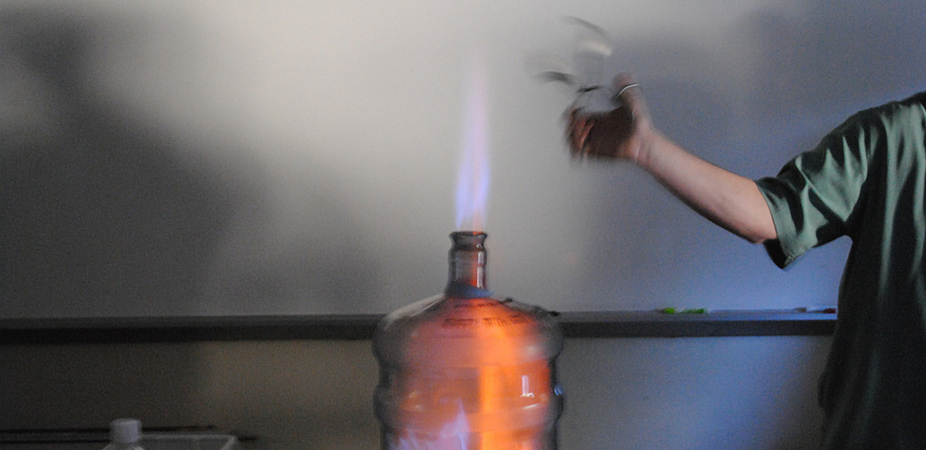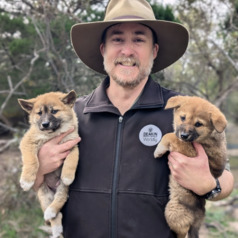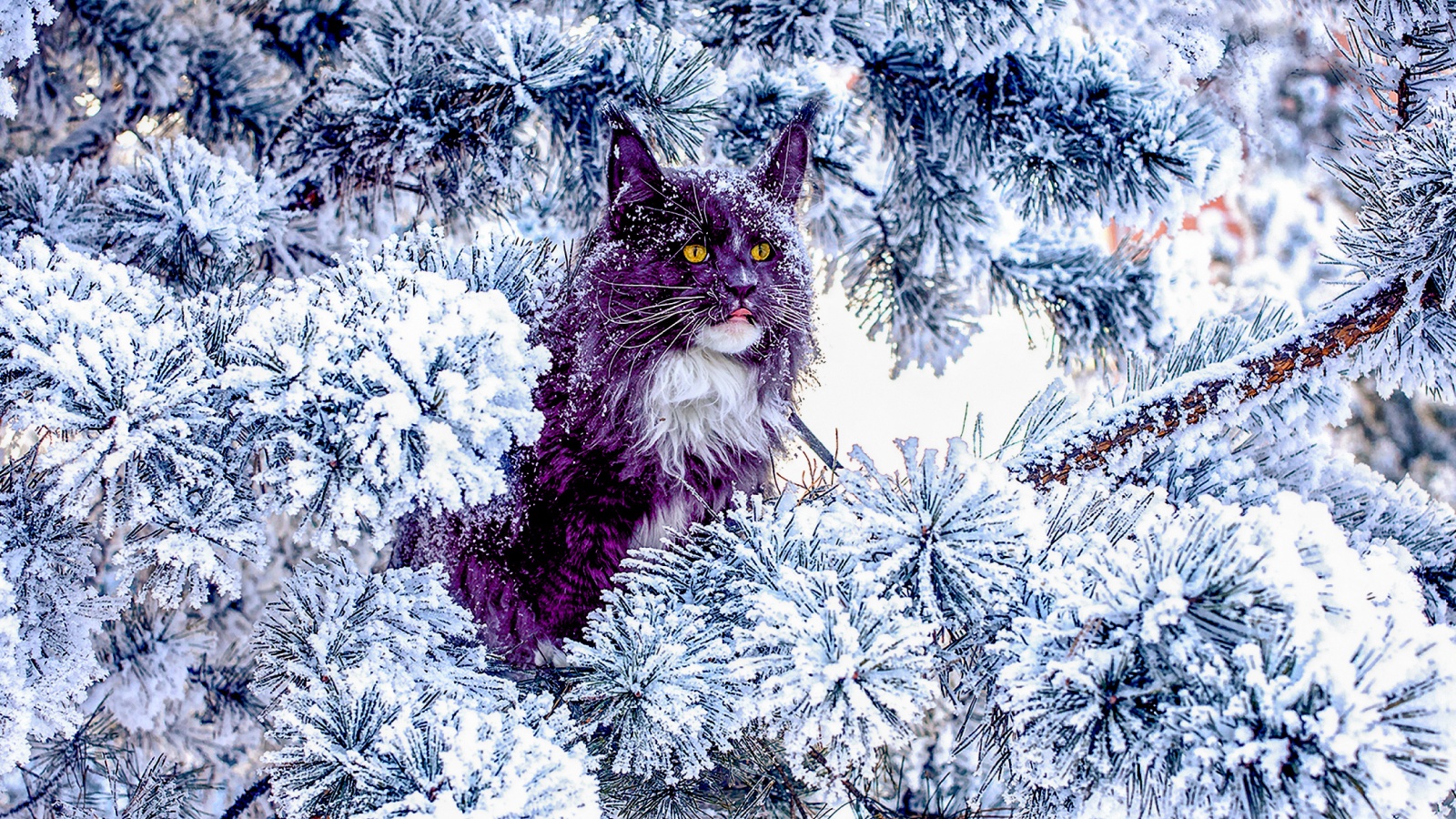Science Needs to be More Dangerous (Op-Ed)


This article was originally published at The Conversation. The publication contributed the article to Live Science's Expert Voices: Op-Ed & Insights.
Few would argue the world isn’t facing enormous challenges: human population growth and the associated demand for resources, mass extinctions or – perhaps the biggest of all – global climate change.
We often look to science to help provide solutions. But if science is to succeed in doing so, society may need scientists to take more risks, think outside the box and, dare we say it, think “dangerously”.
We live in a world that is increasingly risk averse, obsessed with risk management and harm minimisation. This results in bizarre decisions such as children not being able to play tag for fear of injuries. Some think that such risk management creates conservatism in funding bodies that are more likely to fund safe research with assured outcomes rather than high-risk projects.
But what exactly do we mean by thinking dangerously? In short, scientists need room to propose ideas that could seem too far-fetched or controversial at first glance, such as introducing elephants to Australia to manage weeds.
What use are such dangerous ideas?
Oscar Wilde perhaps put it best:
An idea that is not dangerous is unworthy of being called an idea at all.
Dangerous ideas always stimulate fresh thinking, sometimes with profound outcomes.
Get the world’s most fascinating discoveries delivered straight to your inbox.
To illustrate we only need look at perhaps the most dangerous idea of all time, evolution via natural selection, simultaneously proposed by Charles Darwin and the oft forgotten and desperately unfortunate Alfred Russel Wallace. Their idea changed the very course of human history, in how we view the relationships between Earth’s many millions of different inhabitants, and our own place within it.
The most famous example of dangerous science being punished could be heliocentrism, originally proposed by Galileo. Galileo paid a high price for his theory about how Earth and other planets move in relation to a largely stationary sun. Tried by the Inquisition, he was found guilty of being suspected of heresy and spent his remaining days under arrest.
Fortunately we’ve moved on from then but dangerous thinking in science is still attacked. One must only look at the way the science of climate change, and indeed climate change scientists, are often attacked.
Or consider the response to Mark Davis' recent dangerous idea that species should be judged more by their function than their origin because some alien species have positive ecosystem impacts. More than 140 scientists replied in outrage at the suggestion that we should in any way relax efforts to control alien species, which have been devastating to so much wildlife around the world.
Not dead yet
Thankfully, despite the rise of occupational health and safety, the dangerous idea is not quite dead yet. A recent symposium run by the Royal Zoological Society of NSW set out to propose dangerous zoological ideas. They wanted ideas that could turn out to be right, wrong or irreverent, but most certainly not boring, safe and uninventive.
A full list of the ideas proposed is here and a flavour of the meeting and discussion here. But some of the most stirring presentations were as follows:
- Corey Bradshaw and Barry Brook suggested if we want to maintain our energy demands and lifestyles, but still also conserve biodiversity, we must have nuclear power in Australia’s energy mix. Did you know that a person’s entire lifetime’s worth of energy consumption is contained in one golf ball-sized piece of uranium and this has zero emissions? The same amount of energy in coal would be equivalent to the weight of 800 elephants worth and 3,000 elephants worth of emissions! That’s some telling maths, even for the most ardent critic of nuclear power.
- Ian Wallis told everyone, most notably Mike Archer, that vegetarians certainly do not have more blood on their hands than omnivores. Why? Because two of the main and increasing sources of protein consumed by humans, pork and chicken, require crops to be produced for their production. So even before you’ve tucked into a drumstick or piece of bacon, you’ve indirectly consumed significant amounts of vegetable matter. Vegetarians by comparison just go straight to the source.
- Euan Ritchie (along with Corey Bradshaw again, clearly a very “dangerous” man) proposed we tear down the dingo barrier fence and implement different approaches for predator management and pest control, including the use of guardian animals. Fences, poison and bullets will not solve our pest management issues and conserve biodiversity long-term; in fact it could make things worse. What many people still fail to realise or acknowledge is that species don’t operate in isolation from others within ecosystems. So why do we continue to manage species as if they do? We need to try other approaches, such as rewilding and reintroductions to restore broken ecosystems.
- Peter Banks critiqued de-extinction and argued that without extinction there’s no basis to conservation. In another presentation on the same theme, Thom van Dooren discussed how humans mourn the extinct, and that this mourning is vital to conservation action. If humans think endangered species can be brought back by science and a techno-fix approach, what motivation is there to conserve anything? Banks' dangerous idea is that iconic extinct species such as Thylacines must remain extinct. They do more for conservation dead than they would if they lived again.
Desperate times need bold ideas and bold measures, even potentially “dangerous” ones. There are risks involved, but there are risks also in not being bold and willing to try different things too, especially when the payoffs may be huge. Science is about discovery. If we want to realise its full potential we must start being more adventurous.
Euan Ritchie receives funding from the Australian Research Council
Peter Banks is the President of the Royal Zoological Society of NSW. He receives funding from the Australian Research Council and the Hermon Slade Foundation.
This article was originally published at The Conversation. Read the original article. The views expressed are those of the author and do not necessarily reflect the views of the publisher. This version of the article was originally published on Live Science.

Euan Ritchie is a professor in wildlife ecology and conservation at Deakin University. He applies ecological theory with good doses of fieldwork to seek solutions to the challenges of conserving biodiversity.



